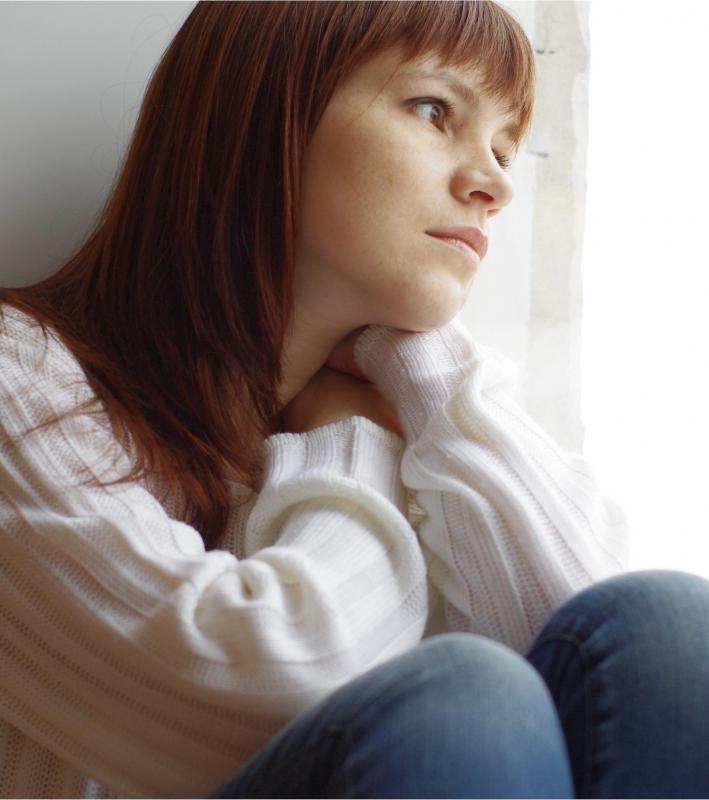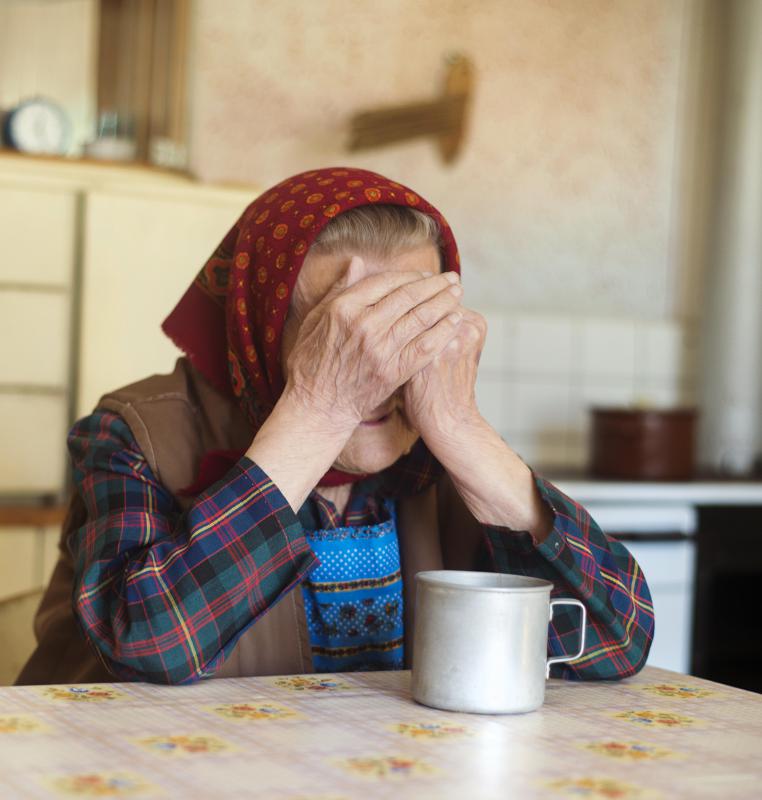At TheHealthBoard, we're committed to delivering accurate, trustworthy information. Our expert-authored content is rigorously fact-checked and sourced from credible authorities. Discover how we uphold the highest standards in providing you with reliable knowledge.
What Is Emotional Security?
A person’s level of emotional security describes her ability to deal with negative life situations in healthy, expected, and acceptable ways. Emotionally secure people can cope with major and minor life events without experiencing severe and life-altering depression or other mental health problems. Typically, this is in contrast to emotionally insecure people, who don’t have the psychological resilience to “bounce back” from tough circumstances. Though it’s common for people to cultivate emotional security or insecurity early in life, it’s possible to develop such stability or instability during adulthood. Regardless of a person’s level of psychological resilience, though, she might need professional help dealing with certain life events.
Situations during which a person’s emotional security is tested include the death of a loved one, a divorce or ended relationship, and even job loss. Generally, an emotionally secure person has a healthy level of self-esteem and confidence, and can handle these situations without suffering from severe depression or experiencing other mental health and emotional issues. Typically, she will experience an expected level of sadness, worry, or concern. Depending on the situation, she may even seek counseling or therapy to better deal with the issue. Eventually, though, she will come to terms with the situation and, in whatever way is appropriate, move on with her life.

On the other hand, a person who suffers from emotional insecurity might have a low self-esteem and lack self-confidence. Often, such a person doesn’t know how to cope in healthy ways with situations that leave her feeling vulnerable. She might react to situations like job loss and ended relationships with drastic levels of grief, depression, and despair. Such levels affect her day-to-day life, and can even hinder her ability to plan and look forward to the future. Even minor setbacks, such as a close friend moving to another city, can devastate a person who suffers from emotional insecurity.

The causes of or reasons for emotional security and insecurity vary. A person might cultivate the skills to develop and maintain emotional stability early in life, or she might experience some sort of tragedy in adulthood that damages her emotional state enough to bring about insecurity. Similarly, she might become emotionally insecure during childhood and, unless she learns to deal with that insecurity, carry it with her throughout life.

Regardless of the characteristics of and reasons for emotional security and insecurity, everyone reacts to and copes with life’s situations in their own ways. It might seem natural for an emotionally insecure person to seek therapy. Yet, depending on the situation, it’s important to remember a person who enjoys emotional security can benefit from counseling sometimes, too.
AS FEATURED ON:
AS FEATURED ON:




















Discuss this Article
Post your comments